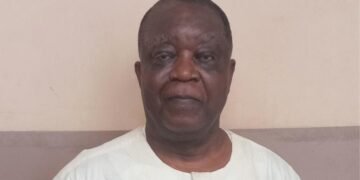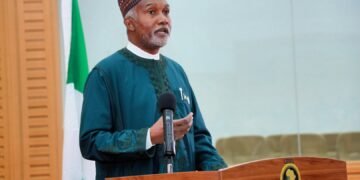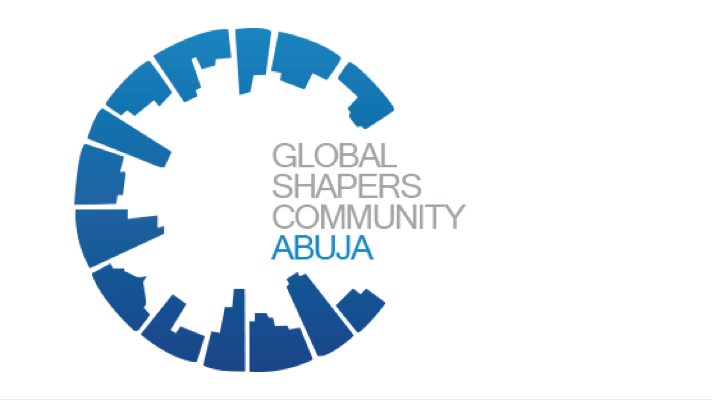A strategic operational plan to back up commitments, and the creation of a well-coordinated and properly resourced national response that brings in all stakeholders including government, private sector and the civil society for its design has been proposed by the Abuja Hub of the Global Shapers Community as a means for the government to end sexual based violence in the country.
The Abuja Global Shapers, on Saturday, 20th June, hosted under the aegis of its “Abuja Dialogue Series”, a project focused on engaging stakeholders and policymakers on important issues that affect governance, citizens and the country. This particular Dialogue on Sexual and Gender Based Violence was aimed at bringing together critical stakeholders to discuss the actualisation of a state of emergency to protect anyone vulnerable to sexual or gender based violence in Nigeria. The Abuja Dialogue Series
Dr. Kayode Fayemi, the Governor of Ekiti State and Chairman of the Nigeria Governors Forum who participated in the virtual dialogue described the growing cases of Sexual and Gender Based violence as “grotesque”. He noted that those in authority had paid lip-service to this issue, and called for more sensitisation with schools, parents and traditional leaders.
“I am happy we are talking about it. It used to be a taboo … there is more awareness now, this has forced the law enforcement to investigate and prosecute.” Dr. Fayemi said.
He also noted that while evidence remained a problem for the prosecution of rape cases the domestication of laws such as the Violence Against Persons Prohibition Act are going a long way in tackling the menace.
In his message to survivors, the Chairman of the Governors Forum promised to take action wherever it was brought to the knowledge of him or any of his colleagues.
“As Governor and Chairman of the Nigeria Governors Forum, whenever anyone perpetrating this GBV is arrested and we are aware of it, we will take it up and pursue it to a logical conclusion.”
Reacting to Dr. Fayemi’s comments, the moderator for the webinar, Jibike Faborode, a member of the Abuja Global Shapers and Project Lead for the Abuja Dialogue Series, stated that though the Ekiti State Governor had demonstrated progressive leadership, more needed to be done across states.
“Progressive leadership is being demonstrated. There is a lot that can be shared across states. The Nigeria Governors’ Forum could help set these in motion across all states. Strategies should be identified that can help get other states to domesticate laws, understand and document the various dynamics and gaps across the states.”
A live poll highlighted during the virtual session also showed that Nigerians have little confidence in the police to deliver on their promises to improve their services through Gender Desk Units and their Juvenile Welfare Centres.
The Director General of the National Agency for the Prohibition of Trafficking in Persons (NAPTIP), who was represented by the Director of Research and Programmes, Mr Godwin Morka, expressed concern over the growing number of sexual and gender-based violence cases that had been recorded during the period of the lockdown.
He noted that “homes had become war zones” and that even where cases were brought for investigation and prosecution parties were quick to say that gender based violence was a mere family matter.
He highlighted that NAPTIP does not see rape or similar cases of Gender and Sexual Based Violence as private matters to be settled outside of law enforcement, while expressing satisfaction that an increasing number or convictions were being secured. According to NAPTIP, it presently has about 400 ongoing sexual and Gender based violence cases in FCT, Abuja and has recorded 40 convictions since May 2015 when the Violence Against Persons (Prohibition) Act was passed giving NAPTIP jurisdiction to prosecute cases of sexual and Gender-based violence in the FCT, Abuja. While NAPTIP works with other states and agencies on human trafficking across the nation, several states have no signed the VAPP Act into law limiting the jurisdiction of NAPTIP to prosecute SBGV cases across the nation.
NAPTIP also states that the agency established a sex offenders’ register and had had published names and pictures of offenders, stating that “naming and shaming” worked as a deterrent for these offences.
The Dialogue Series which was hosted via a virtual webinar also had on its panelists a clinical psychologist from the Neem Foundation, Chinyereugo Udensi and a gender officer of the Nigeria Police, DCP Margaret Ochalla as well as a programme specialist at UN Women Nigeria, Tosin Akibu.

































